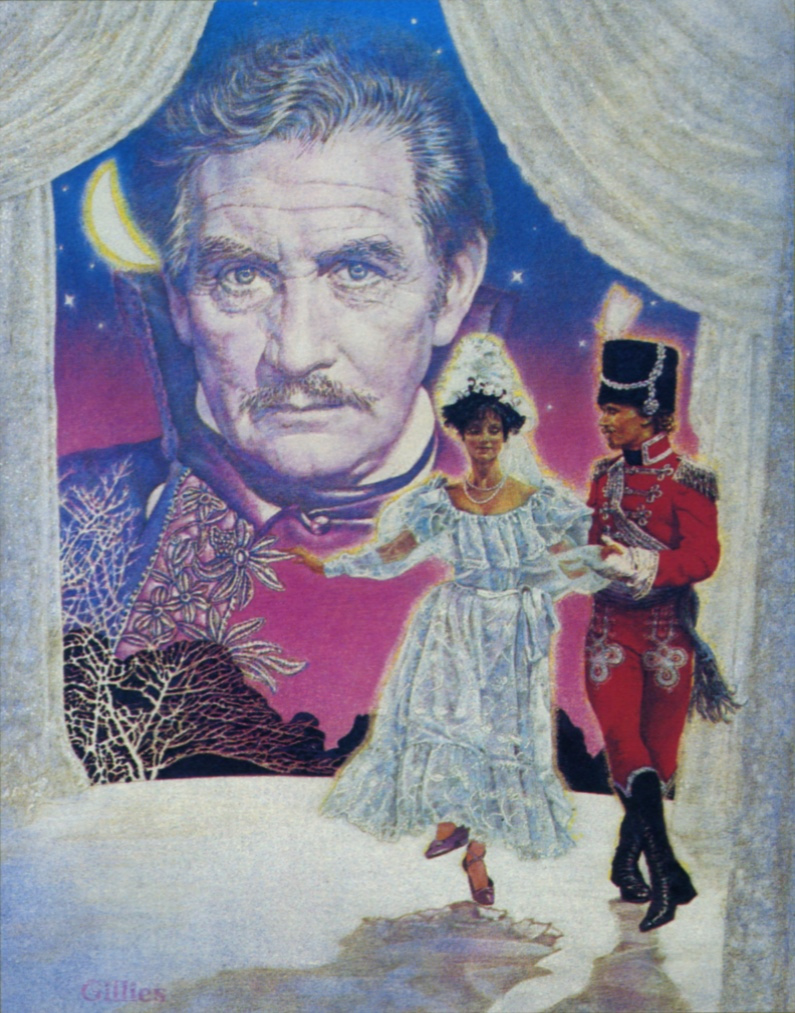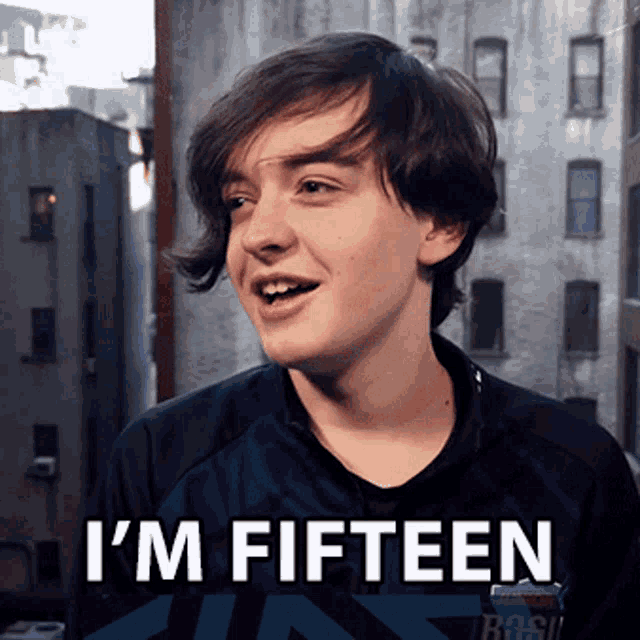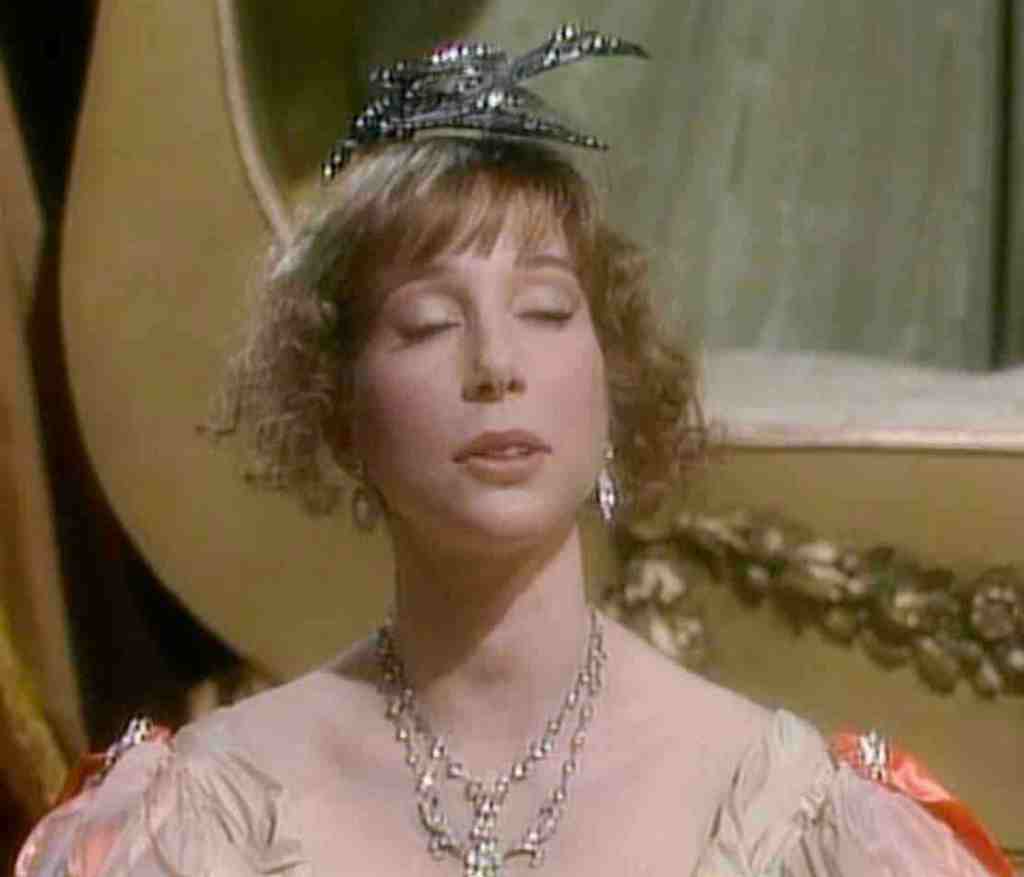Tags
1980's, 80's fantasy, 80s, 80s television, ancient fairy tale, anthology, anthology series, arranged marriage, ball, balls, blog, brothers grimm, cobbler, Comedy, contest, dance, dancing, dancing princesses, dream prince, enchanted, Faerie Tale Theatre, faerie tale theatre reviews, fairy, fairy tale, fairy tale adaptation, fairy tale history, fairy tale origin, fairy tale origins, fairy tales, fairytale ball, fairytale wedding, Fantasy, german fairy tale, good witch, grimm, grimms fairy tale, Ian Abercrombie, jacob grimm, Kate Crackernuts, Lesley Ann Warren, marriage, Max Wright, Peter Weller, princess, princesses, proposal, quest, review, review series, Romance, romantic comedy, Roy Dotrice, royal, royal challenge, series review, shelley duvall, sisters, stepsisters, television, television review, television series, the brothers grimm, the dancing princesses, the twelve dancing princesses, tv, tv review, tv series, underground, underground kingdom, wilhelm grimm, Zelda Rubenstein

“The man of my dreams is a prince among men.”
– Princess Jeanetta’s wish for a prince
And so Faerie Tale Theatre concludes as it began, with a story from the Brothers Grimm. The Twelve Dancing Princesses isn’t remembered as fondly as fables like The Frog Prince or Hansel and Gretel, but by all accounts it should be. It’s got intrigue, royal balls, magical subterfuge, an underdog hero, interclass romance, and princesses subverting their father’s control through a mix of spells and cleverness; qualities that lend themselves to a potentially infinite amount of reimaginings. Unfortunately Cinderella’s had the fairytale ball/dancing princess market cornered for centuries, and popular culture isn’t ready to let twelve newbies have the floor.
This is yet another fairytale with alternate versions spanning the globe, mainly in Europe, Russia, Africa and Asia. My personal favorite is a gender-flipped retelling from Scotland called Kate Crackernuts: not only does the titular princess save the prince this time around, but she defies the evil stepsister trope by rescuing her adopted sibling from their abusive mother (Disney adaptation WHEN??). There are also some differing German versions from Hesse and Paderborn competing with the one Jacob and Wilhelm Grimm recorded, which were later folded into their take on the story.
Knowing this, don’t be fooled by the whimsical title. There’s still plenty of darkness beneath the glamor. For example, in the original the princes who failed to solve the riddle of the princess’ whereabouts were executed, which makes the princesses stringing them along seem like actively malicious characters (Women portrayed negatively in a Grimms’ fairy tale? The devil you say!) Victorian editors wisely saw fit to remove the death penalty and sympathize the princesses in their retellings. Andrew Lang’s version temporarily imprisoned the failed suitors in the enchanted dominion they tried to sneak into. Other renditions have the princesses under a spell where they’re compelled to dance each night with evil giants or demons in disguise until the hero liberates them. The most common alteration, however, is trimming the number of dancing royals to as little as three or one in order to keep things simple.
Like the previous episode, this one is narrated by a king; this time he’s relaying the story in an imagined conversation with his late wife. Ever since the queen’s death, the king has taken strict precautions to ensure his daughters’ happiness and welfare. His highness checks in on the spirited girls (whittled down to six here) before bidding them good night and locking them in their room with a guard outside their doors. But once he’s out of earshot, the princesses begin changing out of their nightclothes…
In addition to the king’s fatherly responsibilities giving him no shortage of woe, there’s a mountain of bills piling up on his desk. The biggest source of debt?

He summons the cobbler, who explains the princesses have each ordered a new pair of dance slippers every day for well over a month. Their old shoes, which they go through like tissues during flu season, are left worn and tattered outside their room every morning.
The king confronts his daughters. He doesn’t pussyfoot around, questioning them in as direct and hammy a manner as possible (“Are you tripping the light fantastic behind my royal back? HMM??”) The girls play dumb, but he knows better. Since they won’t give him an answer, he announces that the first prince who can figure out their secret will become his heir and marry whichever one of them he desires.
Now most of the princesses featured throughout this series have much more common with the older era of Disney royalty than they do the more proactive modern generations. The princesses in this particular outing, however, are closer to the Renaissance-era princesses in more than just years. They despise being set up as door prizes and won’t settle for anything less than a partner of their choosing. Luckily the eldest princess, Jeanetta, comes up with a scheme to get those pompous princes off their backs.
Word of the king’s challenge reaches a soldier recently discharged with nothing but a handful of pennies to his name. He strikes up conversation with a kindly old beggar woman and gives her a coin out of the goodness of his heart. “One man’s gift is another man’s reward,” he says. (Get used to this turn of phrase, he says a lot of variations on it apropos to the situation). She returns the favor by gifting him an invisibility cloak.
If you haven’t already guessed, the old woman is your standard good witch/fairy offering aid after passing their secret test of character. All well and good, but how she got her hands on that cloak in the first place is never explained.

The old woman urges the soldier to use the cloak to find out where the princesses run off to. She also warns him to never drink the wine at the castle.
The soldier doesn’t quite believe the woman’s words until he tries out the cloak for himself. It’s magic all right, and he promptly heads for the palace. Meanwhile the snooty, foppish Prince Heinrick of Upper (UPPAH!) Windbough tries his luck with the princesses. He’s given a room adjacent to theirs and three days to learn what they’re up to. Just as the old woman warned, Jeanetta slips a mickey in his wine each night and his opportunity is squandered. Each prince following him meets the same fate and are tossed out with the morning garbage.
The soldier arrives in town and asks the shoemaker if he can get him an in with the king. The cobbler is dubious that a commoner can succeed where princes have failed. But the soldier says he’s got his methods and promises him a pension and lordship when he inherits the kingdom. The cobbler takes him to the palace as promised, and that’s when the soldier pops on his cloak and messes with him for no reason.

Jeanetta’s in her father’s study when the soldier comes to answer his challenge. Grungy and lower class he may be, she’s instantly taken by his honesty, humility and good looks. When her father tries to turn him away, she points out that no prince has won thus far; what’s the harm of letting him try? The king allows it, but makes the soldier Jeanetta’s responsibility.
At dinner the soldier avoids the wine, just as his benefactor warned him to. Not one to be outdone, Jeanetta offers him some spiked milk and cookies at bedtime. The soldier discreetly disposes of the milk and feigns sleep when she checks on him. The princesses doll themselves up and begin their nightly ritual by visualizing their ideal prince.

But it’s Jeanetta who has the best answer, the quote at the opening of this review.
Their wishes open up a secret tunnel behind one of the beds. The soldier follows the princesses, hidden by his cloak. The tunnel takes them underground to a silver wood where the princesses’ dream princes ferry them to an enchanted pavilion on a lake and they dance the night away.
Though the soldier has the answers he needs, he’s enjoying his stay at the palace and wants to get the know his potential brides better. So he keeps what he knows to himself and, “strictly in a research capacity”, spends the day with each of the girls. He quickly charms them all with his handyman skills, humble wisdom and various shared interests – except Jeanetta.
One of the highlights of the episode outing is the dialogue between Jeanetta and the soldier. Every minute of them together is crackling with passionate tension. We may be watching an eighteenth-century fairytale, but make no mistake, this outing owes much more to Jane Austen than the Brothers Grimm.
The soldier pieces together the princess’ reasons for going behind their father’s back each night: the king continues to mourn the loss of his wife and has difficulty understanding that his little girls are growing up. Jeanetta’s been forced to become their surrogate mother with all the duties and hardships that entails. Despite her attraction to the soldier, Jeanetta resents him supposedly barging into their home assuming he knows what’s best, eager to claim one of her siblings as a trophy. There’s also the implication that, as the oldest and most headstrong among them, she believes the only reason anyone would want marry her is to inherit the kingdom while her sisters have youth and beauty as incentives for suitors.
On the last night, the soldier follows the princesses mostly so he can watch Jeanetta dance. But Jeanetta knocks into him while he’s invisible. She breaks her nose, and he immediately catches a cold from falling into the lake. The princesses are on high alert for the rest of the night, spoiling their fun.
Jeanetta passes off her injury to her father as a result of her falling out of bed. But the soldier spills the beans over breakfast. He shows the king a silver branch and jeweled goblet he swiped as proof. Jeanetta, recognizing she’s been outplayed, corroborates his story. At both the soldier and Jeanetta’s prodding, the king realizes his foolishness in trying to keep his daughters locked indoors and in adolescence. He even apologizes to them, admitting his actions stemmed from his grief while still taking full responsibility and promising to trust his daughters more without ever sliding back into smothering them.

As the king is a man of his word, he allows the soldier to choose his bride. Without hesitation he picks Jeanetta; not for sympathy’s sake due to her age as she claims, but because her sharp wit had him head-over-heels in love from the very start. Best of all, the soldier lets her have the final say in the decision. This is what leads Jeanetta to realize she loves him as well. She says yes, but on the condition that he reveals how he discovered their secret, which he does. They marry, and due to their father easing up on his overprotectiveness, the other princesses are free to pursue their true loves in the real world and no longer need to dance with fantasy ones in secret.
The Dancing Princesses is surprisingly laid-back and cozy for a series finale. I imagine a part of that has to do with the budget not being as grand as the crew’s vision. You can easily tell it’s been scaled back a bit when you look at scenes like the silver forest; spray-painted trees I can accept, but painted trees strung up with what are clearly cheap carnival beads are another. There’s also some unusual directorial choices like how the parts in the underground realm are framed by a Vaseline-style pink ring. At first I thought it was to compliment the POV shots of the soldier hiding within his enchanted cloak, but no, the whole scenes are superimposed with that.
What this outing lacks in panache, however, it makes up for in plenty of other ways. The acting is great, with Jeanetta and the King easily earning the MVP titles here. The King in particular runs the gamut of hammy to sympathetic in the final scene, he’s spectacular. The era may be nineteenth-century France (or Brussels, judging by the costuming), but the back-and-forth romantic tension, class warfare, and sisterly bonds feel right out of Pride and Prejudice. If you’re into that type of romance, this is the episode for you. Props to the writers for adding a bit more to each princess’ personality to make them stand out, mainly through some witty dialogue. And for all my complaints about the budget, you can tell that at least a good portion of it went towards the nice costumes. I couldn’t call this the best episode of Faerie Tale Theatre, but it’s quite a nice one, and a decent note to end the series on.
Notes:
- There’s a running gag where a perv keeps appearing at the window to gawk at the princesses but the king or some contrivance is always there to push him screaming off the ledge. Methinks in another universe that role would have gone to John Belushi.
- The soldier snacks on one of the cookies while waiting to see where the princesses are going.
- Jeanetta does an excellent humorous impression of her father in response to him asking about their shoes.
- Like in the original tale, the soldier has fun picking on the youngest princess while invisible, the poor girl.
- Am I the only one distracted by how the soldier talks? He sounds like his mouth is full when he speaks.
- Refreshingly, the sisters have act like sisters who love and help each other out, giggle together and hardly ever fight. I love the moment where the soldier asks Jeanetta for her hand and they chorus “Say yes! Say yes!” as real siblings invested in each other’s love lives would. We need more fairytales like this that don’t pit sisters against each other.
- I’m not surprised with who they cast as Jeanetta since she’s a trained dancer and an excellent one at that. Here’s a lovely example of her talents on The Muppet Show.
- The colors of the princess’ day wear carries over to the dresses they don for the balls. Curiously, however, Jeanetta, who wears purple in the day with a green ribbon, wears all-green gowns at night (with the exception of a different purple dress at dinner with Prince Heinrick).
- Can you tell that I know absolutely nothing about wine? It’s just nail polish remover-flavored grape juice to me.
Hey, Was That…?: The Soldier is Robocop and Buckaroo Banzai themselves, Peter Weller. Lesley Ann Warren, Miss Scarlet from Clue, is Princess Jeanetta. Zelda Rubinstein of Poltergeist fame is the old woman. The king is returning respected character actor Roy Dotrice – and here’s another fun fact, I learned his real-life daughter, Katherine Dotrice, once had a very famous magical nanny. Prince Henrick is Max Wright, the dad from ALF. Maryedith Burrell, who previously wrote The Snow Queen and appeared in Thumbelina, wrote this episode as well. Ian Abercrombie, the Royal Cobbler, was the Wise Man in Army of Darkness, the original voice of Emperor Palpatine in Star Wars: The Clone Wars, and Professor Crumbs in Wizards of Waverly Place. The director is Peter Medak, who also directed the Pinocchio, Snow Queen, Emperor’s New Clothes and Snow White episodes of Faerie Tale Theatre. And finally, the lovely musical score is done by Robert Folk, who also orchestrated Thumbelina and The Princess and the Pea. Enjoy these isolated samples from this episode, and you’ll see why I hope we get a proper soundtrack release someday:
Who’s The Artist?: Sad to say there are no artistic influences cited in this series finale. Ah well, it was fun while it lasted.
Better or Worse Than…?: The Twelve Dancing Princesses is one of those fairytales that are rarely adapted into a visual medium; most of the ones I’ve found are novels that expand upon the original or give it a playfully subversive feminist spin. It was one of three fairytales included in the classic(?) movie The Wonderful World of The Brothers Grimm, though I like to call the segment “The Twelve Dancing Princesses Minus Eleven”. Because, there’s only one princess, you see…never mind. The Grimm’s Fairy Tale Classics episode (titled “The Worn-Out Dancing Shoes”) has plenty of creepy anime imagery to keep things interesting, due in part to adapting the version where the princesses are entranced by monsters disguised as princes. I admittedly haven’t watched the animated Barbie movie since most of the Barbie films were made after my time. If you have seen it, let me know what you think.
So if I have to give it to one other version I enjoy other than Faerie Tale Theatre’s, perhaps even more so, it’s my good old standby Happily Ever After: Fairy Tales for Every Child. Featuring an all-Latino cast and a fun salsa soundtrack, it’s an enjoyable spin on the classic story. It also has this lovely song sung by Jon Secada, which is why I regard it so highly:
Ranking: This episode is better than I remember, but it’s not anything mind-blowing. It gets the Number 15 spot between The Nightingale and Thumbelina.

And that’s the end of the show…but not this review series. Next time, we have an invitation to one last Grimm Party.
Thank you for reading! Faerie Tale Theatre reviews are posted on the 6th of each month. Special thanks to my generous patrons Amelia Jones, Sam Flemming, and Robert Barnette. Anyone who joins the Patreon party can get such fun perks as sneak peeks of reviews, extra votes, movie requests and more!






This is one of my favorite Faerie Tale Theatre episodes. I love the storytelling and the visuals; and good gravy, Lesley Ann Warren and Peter Weller have impeccable chemistry. And that waltz theme…chef’s kiss.
Also, Roy Dotrice later went on to become Disney’s go-to man for narrating read-alongs. I honestly wonder if Disney hired him because of his work narrating this episode?
And if I may share a personal favorite rendition of the story, earlier in the year, I came across this adaptation by Mariana Mayer, which turns the soldier into a simple farmer and places more of an emphasis on the “magical” side of the story. In this version, it is revealed that there is a sinister magic to the princesses’ nightly excursions to the underground kingdom…but can the power of love be enough to lift the curse? (Spoiler alert: it can.)
LikeLiked by 1 person
Ah yes, I mentioned he was Disney’s read-along king in my Rip Van Winkle review. Perhaps he was hired because of this episode.
I’m definitely going to check out that rendition! The illustrations are gorgeous!
LikeLiked by 1 person
Pingback: The Sunshine Blogger Award Is BACK – Taking Up Room
This is another comfort episode of FTT for me. I find Roy Dotrice’s voice so comforting since he narrated so many Disney read-along tapes from my childhood, and the dialogue between the soldier and Jeanette is delightful! My personal favorite novel version of the story is “Wildwood Dancing” by Juliet Marillier. The writing is so perfectly fairytale and the story has so much adventure and romance in it!
LikeLiked by 1 person
This 1 was 1 of my top favs as a child. I saw it in the 80s, we taped it off the tv, & my sis & I would rewatch over & over. We were already familiar w/ Lesley Ann Warren due to Cinderella, 1 & only Genuine Orig Family Band, & Happiest Millionaire. I didn’t see Clue til much later & wasn’t very impressed. But I don’t like Who Dun it Movies much. My sis studied abroad in Russia & lived in Ukraine for 2 yrs. She found a book of Russian fairy tales & I was surprised to find this 1 in there. One of the very few in the book that ended happily. Again, as a child, I did NOT notice the sets looking cheap. Everything looked magic to me, but again, my mom took us to a lot of stage high school productions & so I was pretty good w/ imagining stuff w/ very little $. Rewatching I didn’t realize it was Shirley MacLaine’s daughter in there. Anyways, love the story and hope Disney doesn’t ruin it one day by sanitizing it. Have you read the The Girls at the Kingfisher Club? It’s fantastic.
LikeLiked by 1 person
Pingback: Faerie Tale Theatre Reviews: Grimm Party (Faerie Tale Theatre’s Greatest Moments) | Up On The Shelf
Pingback: Faerie Tale Theatre: The Ultimate Episode Ranking | Up On The Shelf